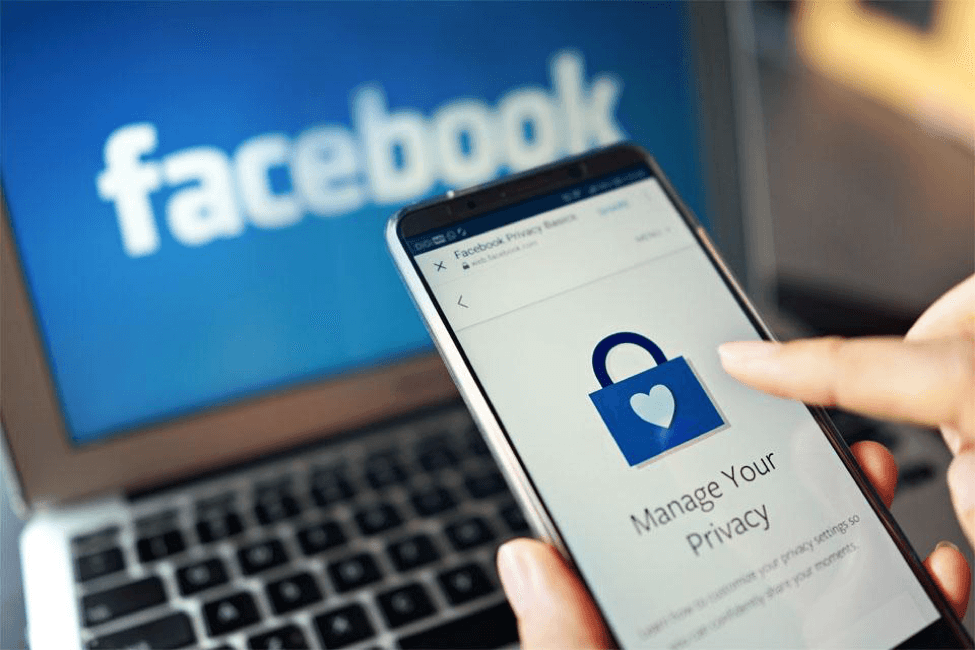General
Privacy Settings Unveiled: Configuring Optimal Security for Personal Accounts

Every week, it seems like we hear about another big data leak. Schools, factories, websites, and government offices—all kinds of places—are getting hit, and it affects all of us.
We can’t control these big breaches ourselves, and worrying too much doesn’t help.
But protecting your own gadgets, keeping your online identity safe, and being smart on the internet isn’t too hard. The tips we’re going to share are easy to follow but can really help keep you safe online. Follow these cybersecurity tips for your own accounts to reduce your risk.
#1 Configure Two-Factor Authentication
It’s crucial to engage in two-factor authentication (2FA). Why? Simply put, passwords stand vulnerable – they can be cracked if too predictable, snatched from another compromised site where they’ve been reused, or even swiped through deceiving tactics like phishing.
Delve into the advantages of 2FA. It substantially bolsters protection. Once activated, even when an adversary snags your password, breaching your accounts becomes an uphill battle. Here’s a tip you shouldn’t ignore for securing your digital fortress: register multiple second-factor methods on your account. By doing so, you’re setting up a fail-safe. If one credential goes astray, you’re safeguarded from being barred from your own account.
#2 Use Only Protected Wi-Fi Networks
To avoid getting into a situation where the privacy setting is unveiled, you should take care of a secure connection. This means that you should avoid public Wi-Fi networks, and hide the SSID number on your work or home networks. Are you wondering what is SSID number and what is it responsible for? VeePN has a detailed analysis of what is SSID. The quick answer is the name of the Wi-Fi network. With the right online privacy settings, you can prevent even detection of your Wi-Fi network, much less its hacking.
#3 Make Your Passwords Strong
Earlier we highlighted the vulnerability of weak passwords. Pause for a moment and consider: in the event of an attempted digital break-in, how swiftly might a hacker decipher your password? Reflect on whether your password includes personal data that’s easily found – think birth dates or your spouse’s name. Common sequences like “qwerty,” “password,” or “1234” are hacker favorites; they should be avoided.
Inventiveness is your ally in crafting passwords; break away from predictable patterns and opt for passwords generated by chance. For optimum security, 15-20 characters is the benchmark for password length, as shorter strings fall prey to brute force attacks much more readily.
#4 Change Your Passwords Often
Numerous individuals persist with a single password over extended periods. It’s prudent to alter your password periodically throughout the year; the ideal intervals are contingent upon the application of the password and its inherent strength. Immediate password changes are imperative following incidents of security breaches, unauthorized access attempts to your account, or usage of public Wi-Fi networks. Always verify if there has been a compromise involving your email or phone.
#5 Blocked Accounts
Shifting gears, it’s time to explore more significant measures. Consider the option of user blocking within Threads. Should you decide to block someone, they’ll lose the ability to stumble upon your content or even locate your profile across the platform. The process echoes Twitter’s discretion; the user remains uninformed of the block. It doesn’t matter if they’re friends or strangers – anyone is subject to potential blocking. Blocked user lists are not exclusive to one app; both Threads and Instagram share them, enhancing consistency in your privacy management.
#6 Get a VPN and Use It
When you’re not utilizing your own Wi-Fi signal and instead opting to connect via a public one, it’s wise to engage in a virtual private network, commonly known as a VPN. Imagine this scenario: you settle into a café, and latch onto the open Wi-Fi, but little do you know about the network’s defenses.
This ignorance could cost you. Malicious actors lurking on the same network might pry into – or worse, pilfer – your digital files and communications. Other times, it could be the network’s operator fishing for sensitive information from unwary users.
By encrypting the data you send over the internet, a VPN acts as a protective shield. This could be a download VPN extension or you can choose another VPN format. It funnels your online activity through its own servers. As a result, neither cyber criminals nor devious hotspot hosts can invade your privacy and monitor your internet behavior.
#7 Browse Carefully
Ensure the security of your online financial dealings by confirming you’re on a protected webpage, evidenced by a web address prefixed with “https”—denoting a secure connection—accompanied by iconic imagery like a key or a locked padlock within the status bar.
To fend off risks, such as “session stealing,” refrain from juggling activities across multiple web tabs while logged into sensitive accounts. Should browsing additional sites be necessary while managing financial tasks, opt for a separate web browser as a protective measure.
Conclude your sessions with a decisive click on the “log out” button, neatly severing your account access. Contrary to logging out, merely closing the browser or navigating to a new URL exposes your financial data to potential unauthorized revisits.
Conclusion
Giving users clear privacy settings is key; it arms them with what’s needed to safeguard their info in cyberspace. When platforms make control over data security straightforward, people wield power over their privacy. As our digital environment grows more tangled, such ear-to-the-ground approaches are vital for maintaining personal data sovereignty.

Say hello to Winston Papyrus, the person who writes the stories on Socialcorner.co.uk. Winston is really good at making stories that help you feel calm, especially if life feels a bit busy and confusing.

